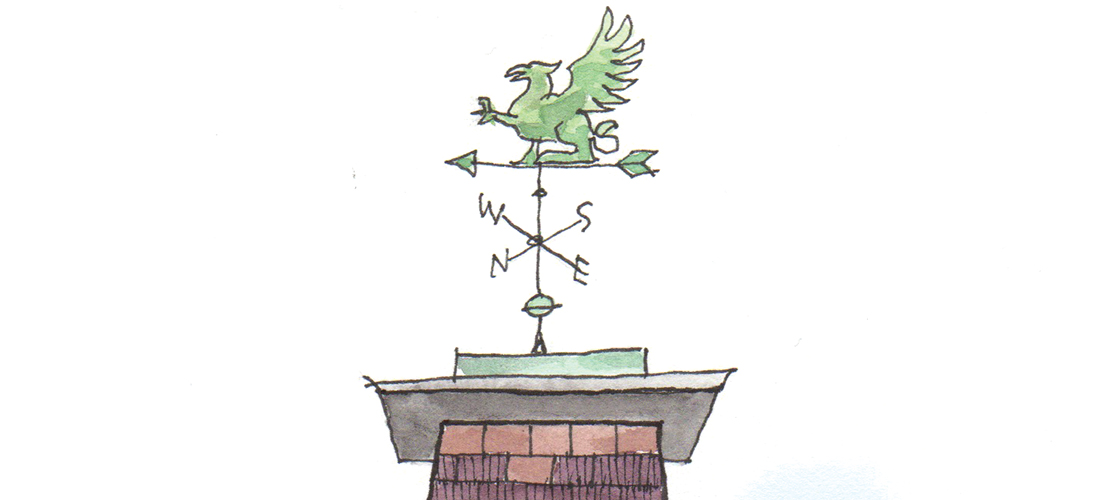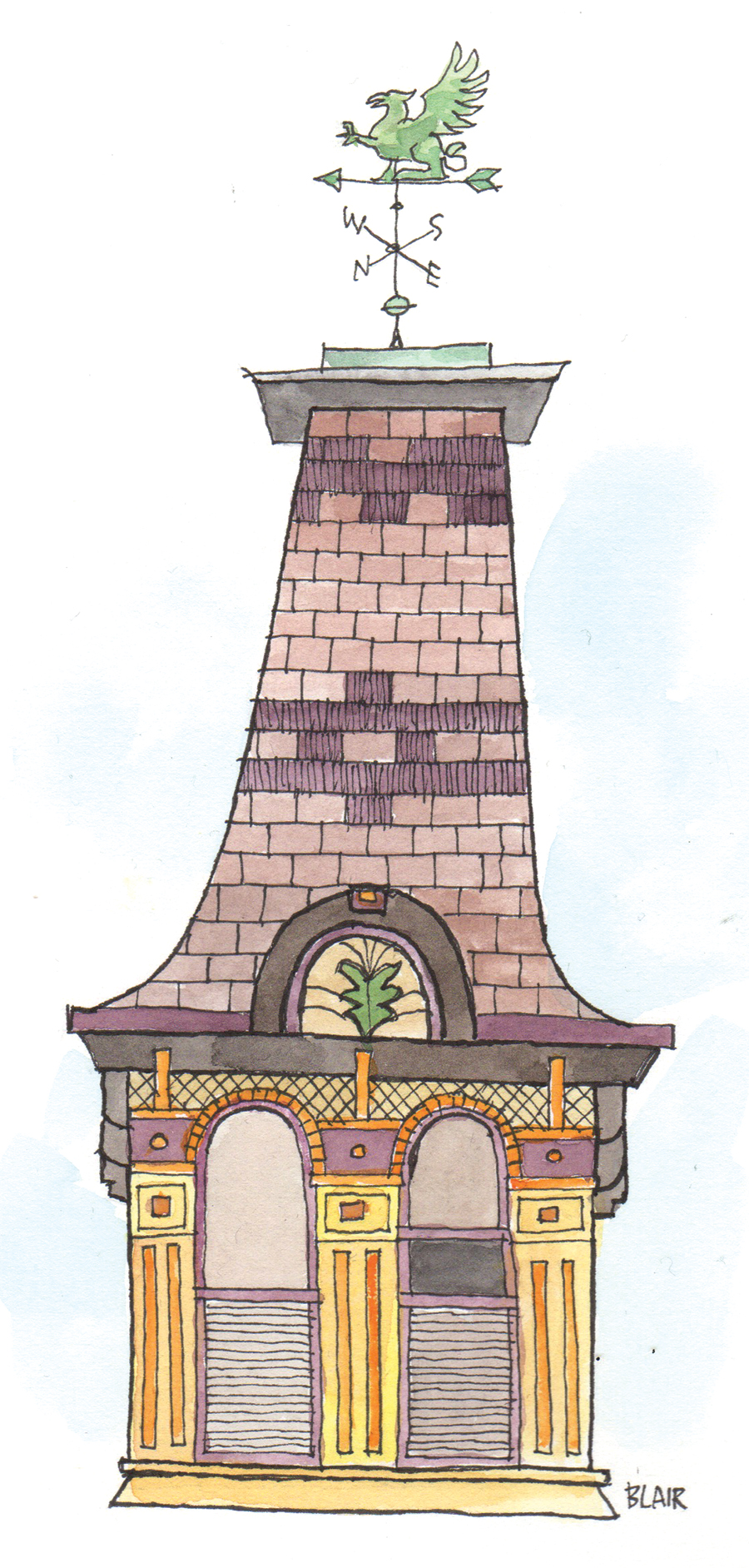
The Borrowers
Old or new, houses are fleeting things

By Cynthia Adams
In the children’s fantasy novel The Borrowers, charming tiny people named Arriety, Pod and Homily Clock, inhabit the hidden spaces within a rambling Victorian. In reading it, I grew addicted to old houses and the luscious worlds they contained.
Pop loved them too. We would ride through Concord’s historic district, populated by the Cannon textiles family and other prosperous folk. There were Greek Revivals, Italianates or Gothic Revivals mixed with an occasional bungalow — to cleanse the palate after all those riches.
“Look at that amazing slate roof,” he sighed as we once slid along Concord’s North Union Street, slowing to admire Pop’s favorite, a Second Empire beauty clad in yellow.
“Bee-yootiful. Never have to replace those,” he pointed out, his green eyes shining.
He was especially enthralled when the slate roofs were glittering black in rain.
“Oh, my Lord,” he would moan with pleasure, nearly wrecking the car.
Again.
Once Pop was house-looking and lost control of an old pickup as I stood beside him on the seat with my arm hooked around his neck, sucking on my little pinky. Seatbelts were not yet a thing, certainly not in farm trucks. The driver’s door suddenly popped open and he fell out. In an instinct learned from breaking horses, Pop held onto the steering wheel, managing somehow not to get himself killed, as my very pregnant mother was jostled up and down in the seat, banging her head.
I pulled my pinky out of my mouth, round-eyed, watching my Daddy do something incredible!
We crashed into a streetlight. The dusty old Dodge truck added another ding to the hood — the hood that saved us “from ruin,” as my mother screamed.
The medics ignored my heavily pregnant mother to race to me, laying me carefully on the lushly manicured lawn of the house my dad had lusted after.
“She’s fine,” my mother mumbled, explaining my oddly stained lips as they checked my vitals only to discover that Welch’s grape juice had left my little lips rimmed in blue.
It was a ranch, we discussed years later. Too new. Not worth all that trouble. Pop and I shared a fetish for old houses, old furnishings, estate jewelry, glassware, china . . . anything old. Even old people. Especially old people.
As Pop negotiated with my mother to have a fifth child, he agreed to buy a newish ranch in what was colloquially known as Hell’s Half Acre.
Hell’s Half Acre had very little formal architecture to recommend it.
Our mother wanted the ranch enough to keep the bargain. The Fletcher house had Mod cons: a sunken living room, massive marble fireplace, and lots of tiled floors, including porches and patio.
It wasn’t our thing, but it was definitely Mother’s.
Meanwhile, they acquired Pop’s homeplace, a two-story ruin with double porches and gingerbread trim.
As Pop poured himself into this house it burned to the ground. The uninsured loss was devastating and yet another nail in the coffin encasing my parent’s dying marriage.
The arsonists were never caught.
Today, my husband and I live in a house that is approaching 100 years. It is not so elegant as Second Empire, nor entrancing as Italianate. It is a solid house, with a recently replaced slate roof. Like relationships, seems it wasn’t impervious to the ravages of time.
Our parents never resolved their architectural (and other) differences. Later, the Fletcher house burned, too.
Turns out, we, too, are only borrowers.
And those houses smolder on, haunting dreams.
Ruined, much longed for, things. OH
Cynthia Adams is a contributing editor to O. Henry.





